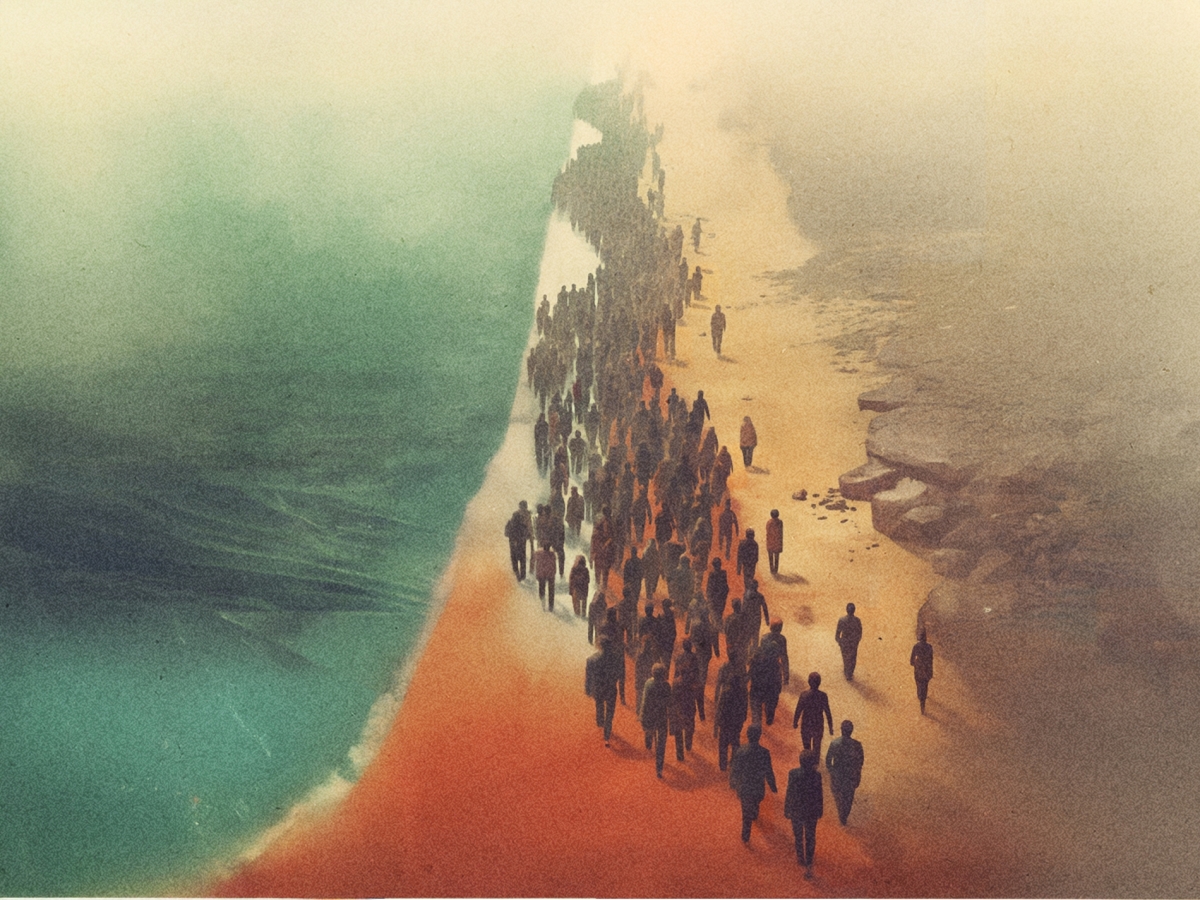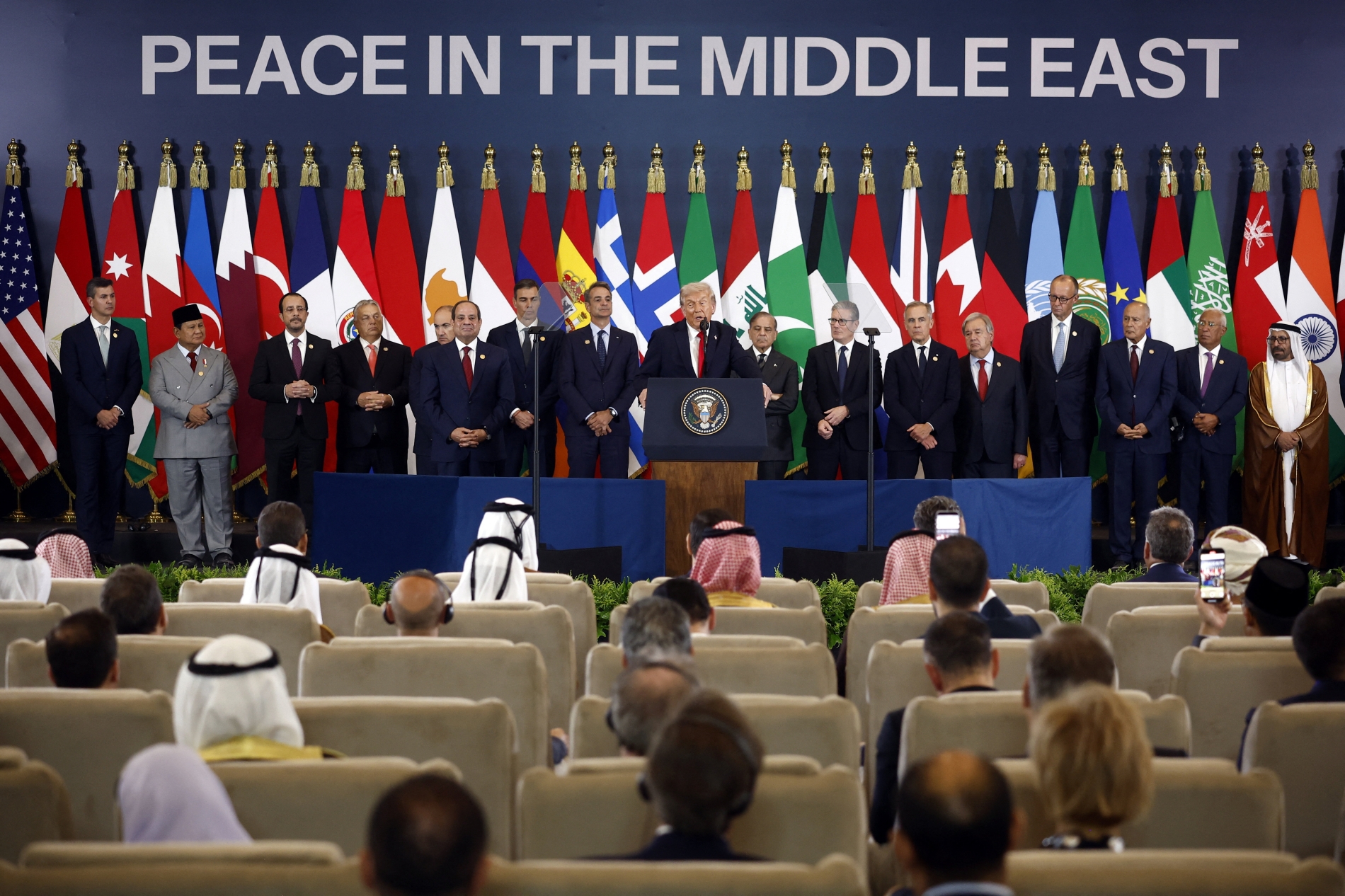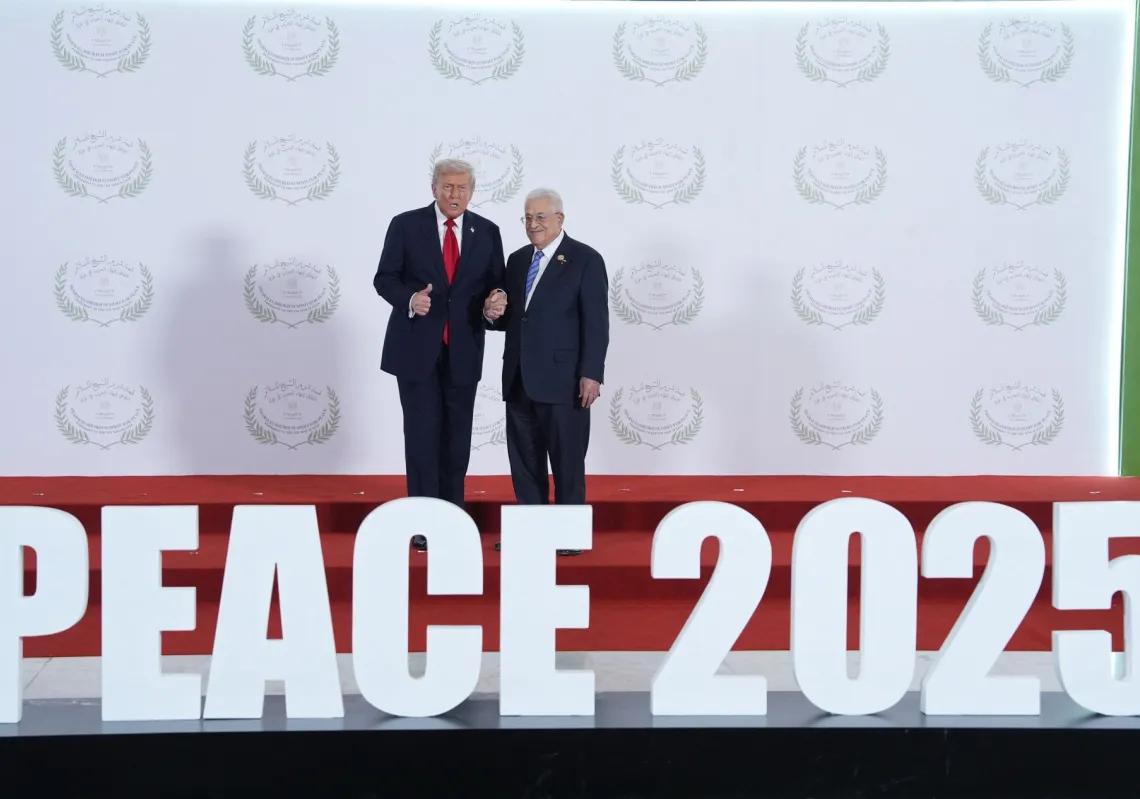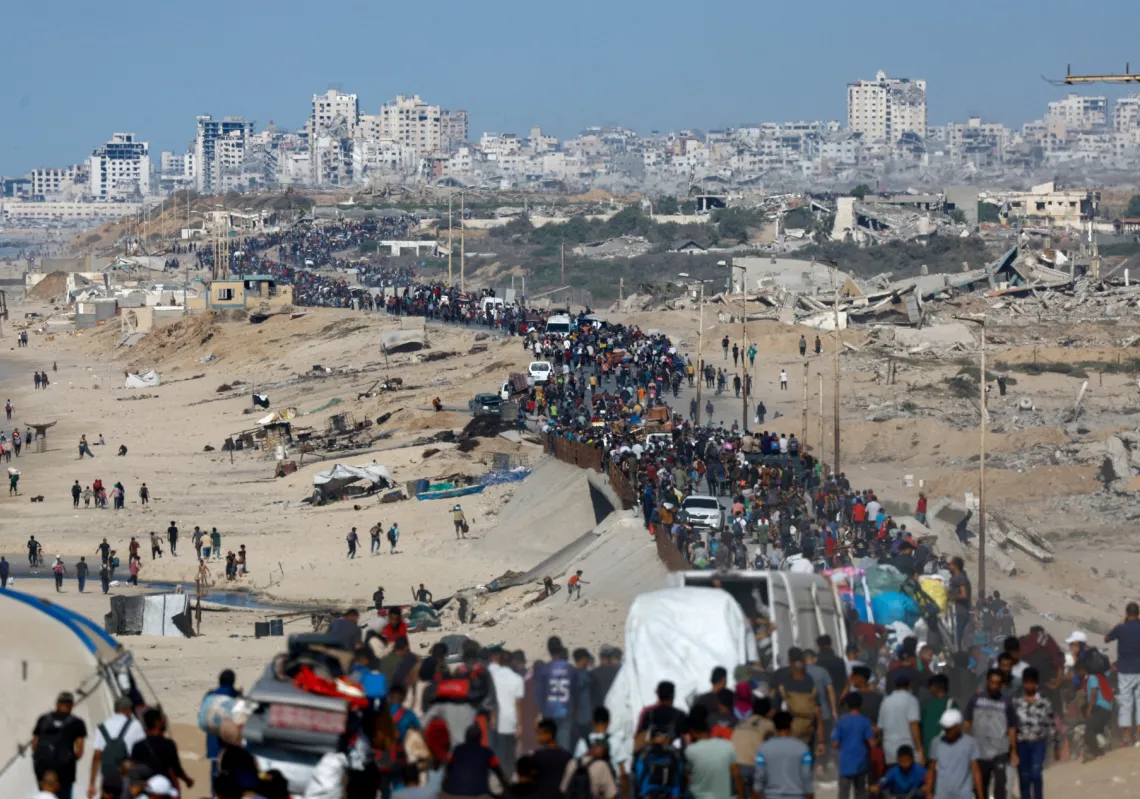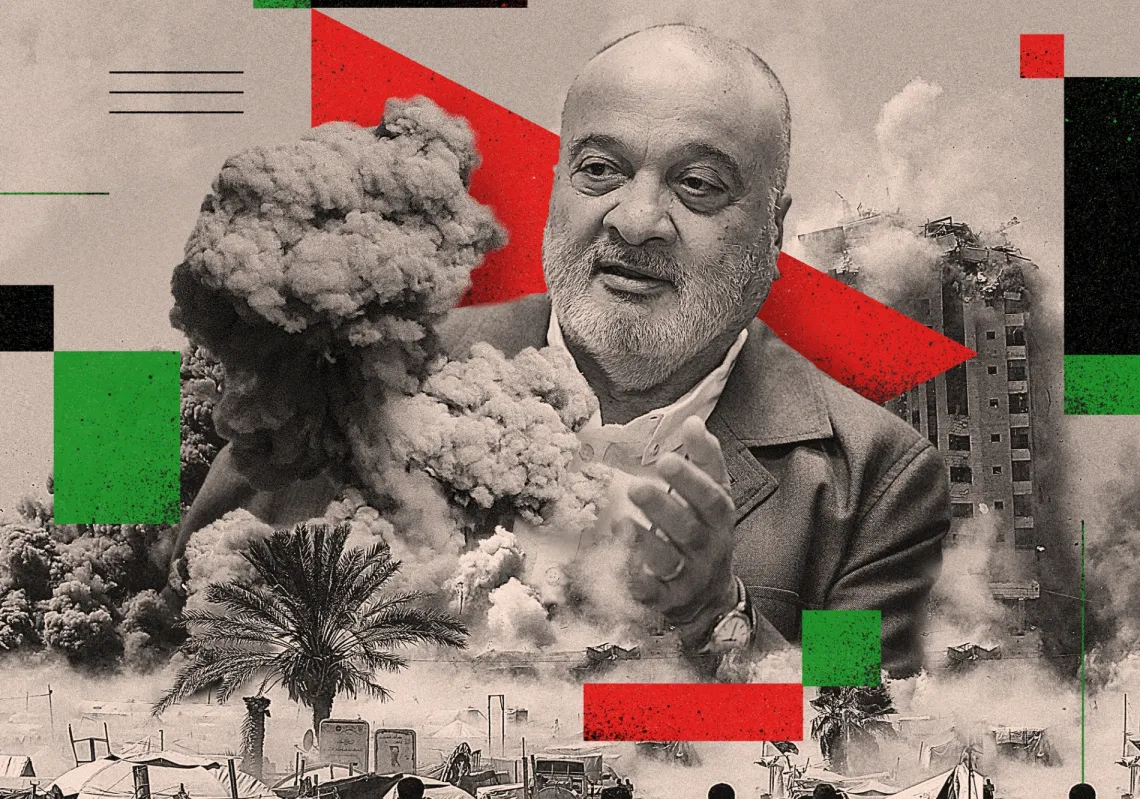The so-called ‘Trump Initiative’ for resolving the war in Gaza—including a cessation of hostilities and their devastating consequences—begs deeper questions over the root causes of the conflict and its outcome, two years since its onset.
While we can expect military factions to declare victory despite the near-total decimation of the Strip, it is troubling to hear intellectuals and academics adopt the same narrative. The relentless promotion of a hollow victory only paves the way for future defeats. What is needed now more than ever is a sober, critical reflection that could inspire alternative approaches and lead to a different future.
What has transpired—and continues to unfold—in Gaza constitutes a humanitarian, national, and moral catastrophe. No other description suffices. The components of this disaster are painfully evident, and claims that it's too early to judge the outcome of the war are shockingly absurd.
The catastrophe is clear: genocide, mass killing, ethnic cleansing, and the transformation of the territory into an uninhabitable wasteland. Israel practically left no home, neighbourhood, or institution intact. It eradicated nearly every sector of society—from commerce and agriculture to education and healthcare. What Israel did to Gaza is nothing short of a manufactured apocalypse that has no equivalent in modern history.
Read more: Gaza is a manufactured apocalypse
Even the destruction of German cities or the atomic bombings of Hiroshima and Nagasaki—as horrific as they were—occurred within the context of war between nations capable of resistance and victory. The Holocaust, carried out by the Nazis, remains one of history's greatest crimes, yet even within Nazi-occupied Europe, including Germany itself, there were those who resisted. Major powers fought to defeat fascism across multiple fronts.
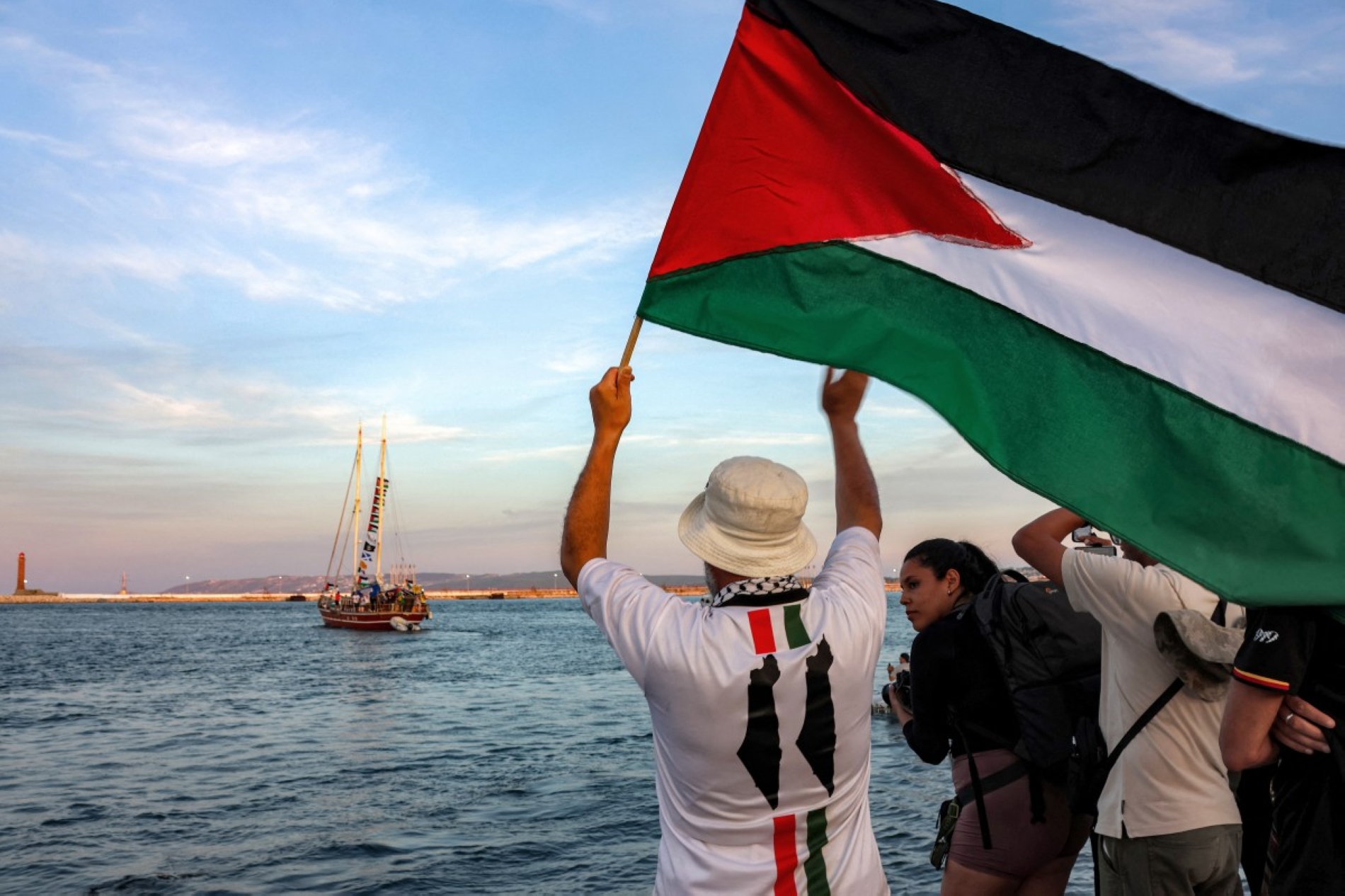
By contrast, the voices that stood against the war in Gaza were mainly confined to civil societies across the world, and despite their best efforts, couldn't move their governments to take concrete punitive measures to pressure Israel to stop.
For its part, Hamas's decision to attack Israel on October 7 turned out to be a grave miscalculation. Despite being warned by Palestinian, Arab, and international analysts of Israel's capacity for unprecedented brutality, citing its actions in Beirut's southern suburbs, the rise of the neo-fascist far right in Israeli politics, and its overwhelming military superiority, it decided to go ahead with it, abandoning all rational, responsible thinking about consequences for the Palestinian people and their future.
Israel: a global pariah
But having said that, there have been clear gains. First and foremost, global public opinion has shifted significantly against Israel and its policies. It has become deeply unpopular, not only among grassroots communities but also within certain leadership circles. Several governments have responded by formally recognising the State of Palestine—a symbolic, if limited, gesture of disapproval.
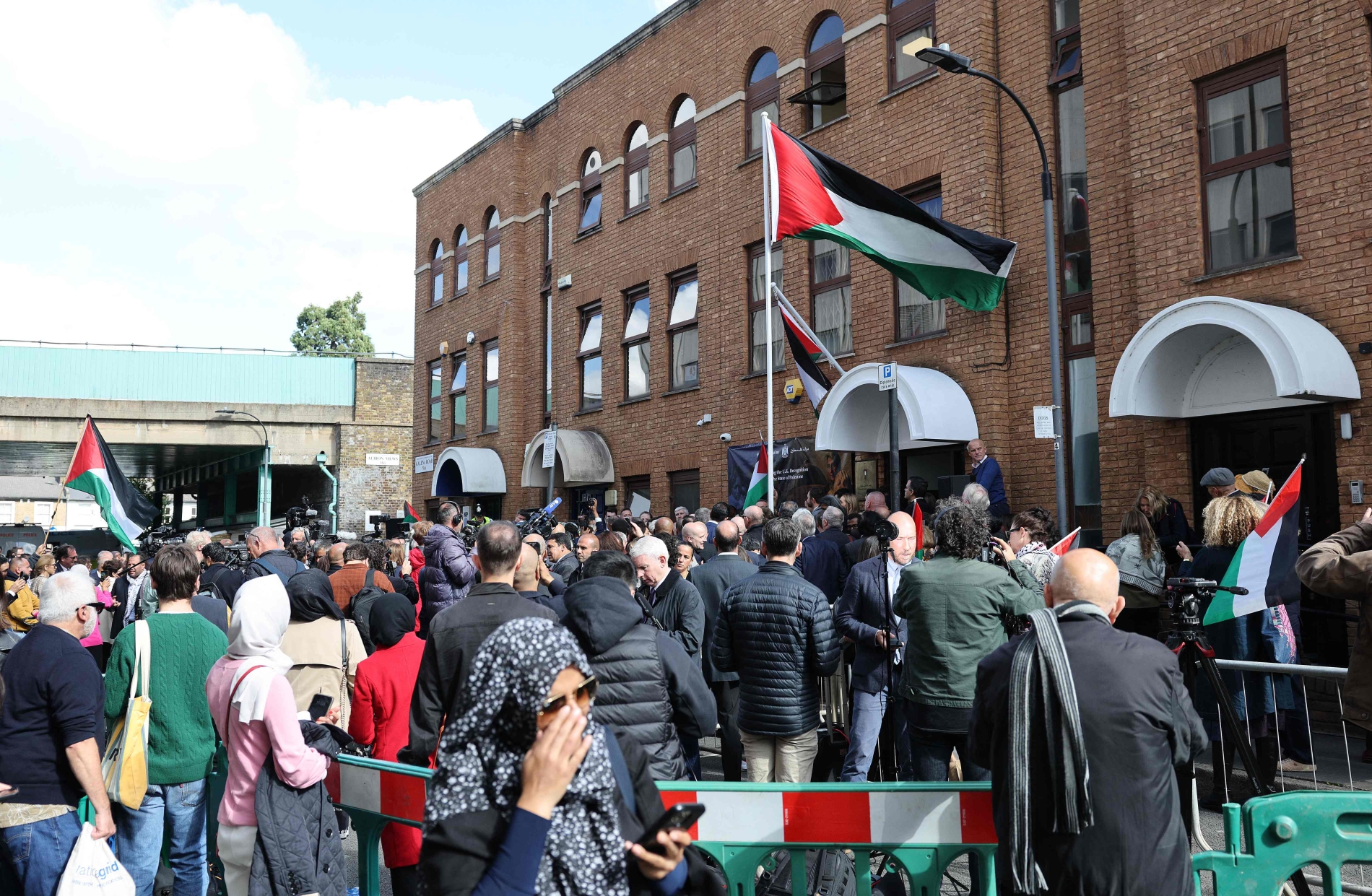
And while these recognitions will not result in statehood, they do reflect mounting anger and a growing will, both among the public and officials, to diplomatically, politically, and economically isolate Israel.
This shift is real and ongoing. Yet is there a coherent Palestinian diplomatic or political strategy to harness this historic momentum?
Read more: Palestinians must capitalise on the growing global support for their cause
Regrettably, the answer is no. No formal Palestinian structures are working systematically to capitalise on this development. The Palestinian national movement, across all political factions, has yet to offer any meaningful way forward for its people. These factions didn't even convene once during the genocide and have forfeited their moral and political claim to represent either the Palestinian people or the sacrifices made in Gaza.
This marks the closing chapter of movements that once inspired and gave much, but ultimately failed to fulfil the promises made since the founding of the Palestine Liberation Organisation (PLO): no liberation, no right of return, no state, not even half a state.


